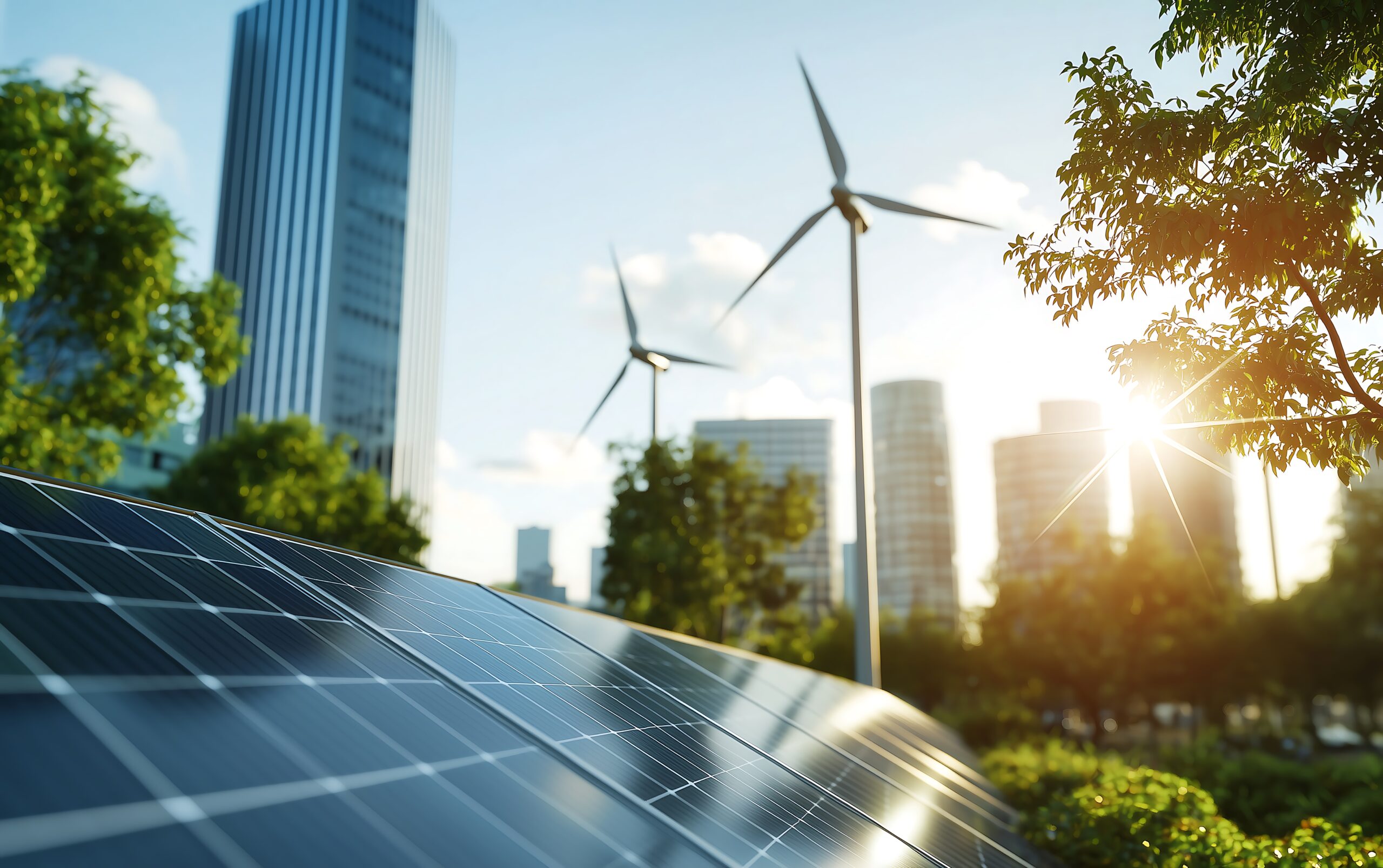As an entrepreneur in the HVAC industry, I’ve seen firsthand how energy demands shape the way we live and work. With rising energy costs and growing environmental concerns, homeowners and businesses alike are searching for solutions that not only save money but also reduce their carbon footprint. Enter the concept of net-zero homes—properties designed to produce as much energy as they consume. HVAC systems are at the heart of this movement, and as the owner of Airheads HVAC, I’m passionate about helping clients take the steps needed to achieve energy independence while contributing to a greener future.
What Is a Net-Zero Home?
A net-zero home is more than just a building—it’s a commitment to sustainability. These homes are meticulously designed and equipped with energy-efficient systems, renewable energy sources, and smart technology to ensure they generate as much energy as they use over a year. Achieving net-zero status requires a holistic approach, addressing everything from insulation and lighting to heating, cooling, and ventilation.
For homeowners, a net-zero property means lower utility bills, increased comfort, and a smaller environmental footprint. For businesses, it represents an opportunity to align with modern sustainability goals while potentially enjoying tax benefits and enhanced property value.
The HVAC System’s Role in Net-Zero Homes
When it comes to energy consumption, heating and cooling systems are often the largest contributors. That’s why HVAC systems play a critical role in the design and operation of net-zero homes. Efficient HVAC solutions can drastically reduce energy usage, making it easier to achieve balance with the renewable energy generated onsite.
Here are some of the key components and strategies that make HVAC systems vital in the quest for energy independence:
1. High-Efficiency Systems
Modern HVAC units are designed to operate with minimal energy waste. Heat pumps, for example, are an excellent option for both heating and cooling, using far less electricity than traditional systems. Advances in technology have also led to variable-speed systems, which adjust their output based on real-time demand, further improving efficiency.
2. Smart Thermostats
Gone are the days of setting a thermostat manually and hoping for the best. Smart thermostats learn your habits and adjust settings automatically to maintain comfort while conserving energy. By optimizing when and how HVAC systems operate, these devices can reduce energy usage significantly.
3. Zoned Heating and Cooling
Not every room in a home or building needs the same level of heating or cooling. Zoned HVAC systems allow for precise control over different areas, ensuring energy isn’t wasted on unused spaces. This customization is a major step toward reducing overall energy consumption.
4. Ventilation and Air Quality
Energy-efficient homes need proper ventilation to ensure fresh air circulation without compromising insulation. Heat recovery ventilators (HRVs) and energy recovery ventilators (ERVs) are essential for net-zero homes, as they transfer heat between incoming and outgoing air, minimizing energy loss while maintaining air quality.
Renewable Energy Integration
Another key aspect of achieving net-zero status is the integration of renewable energy sources. Solar panels are a popular choice for homeowners, providing a clean, renewable energy supply that offsets the electricity used by HVAC systems. In some cases, excess energy generated during peak sunlight hours can even be sold back to the grid, creating an additional financial benefit.
At Airheads HVAC, we work with clients to ensure their systems are optimized for renewable energy compatibility. This involves everything from choosing energy-efficient equipment to setting up systems that can operate seamlessly alongside solar or wind energy installations.
The Economic Benefits of Energy Independence
Investing in a net-zero home may seem expensive upfront, but the long-term savings are undeniable. High-efficiency HVAC systems and renewable energy installations can significantly reduce utility bills, often paying for themselves within a few years.
Moreover, government incentives, tax credits, and rebates are making it easier than ever for homeowners to adopt energy-efficient solutions. By upgrading to energy-efficient HVAC systems, homeowners can take advantage of these programs while enjoying reduced energy costs and increased property value.
Steps to Get Started
Transitioning to a net-zero home might seem daunting, but it’s achievable with the right plan and guidance. Here are a few steps to get started:
- Conduct an Energy Audit
Assess your home’s energy consumption and identify areas where efficiency can be improved. - Upgrade Your HVAC System
Replace old, inefficient units with high-efficiency models designed to minimize energy waste. - Install Smart Technology
Add smart thermostats and other connected devices to monitor and control energy usage. - Improve Insulation and Sealing
Ensure your home is properly insulated and sealed to prevent energy loss. - Integrate Renewable Energy
Explore options like solar panels to generate clean energy and offset consumption.
Leading the Way with Airheads HVAC
At Airheads HVAC, we’re committed to helping our clients achieve energy independence. Whether it’s through recommending high-efficiency equipment, providing maintenance services, or consulting on renewable energy integration, we’re here to guide you every step of the way.
We recently saw this commitment in action after Hurricane Helene hit Pasco and Pinellas Counties. As we helped families rebuild, many homeowners took the opportunity to upgrade to more energy-efficient systems, laying the groundwork for future savings and sustainability. It’s rewarding to know that even in the face of challenges, we can help our community move toward a brighter, greener future.
Looking Ahead
The future of HVAC is intertwined with the push for energy independence and sustainability. As technology continues to advance, the opportunities for achieving net-zero homes will only grow. For homeowners and businesses, embracing these innovations is not just an investment in comfort and cost savings—it’s an investment in the planet we all share.
If you’re ready to explore the possibilities of energy-efficient HVAC solutions, Airheads HVAC is here to help. Together, we can create a future where energy independence is within everyone’s reach.
